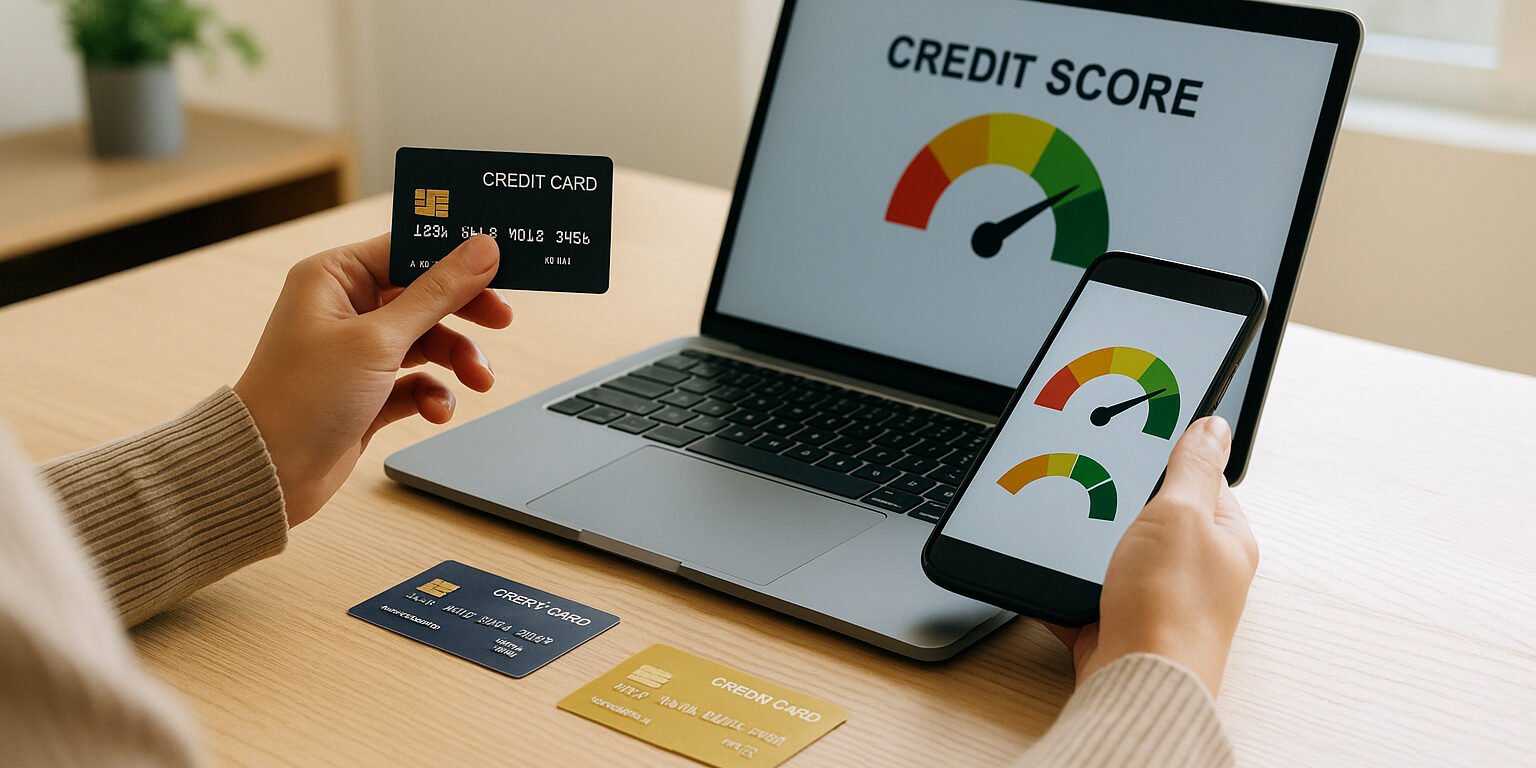A good credit score is your ticket to better financial opportunities — from lower loan interest rates to higher credit limits and easier approvals. The good news? With a few strategic actions, you can improve your credit score faster than you might think. Whether you’re rebuilding after financial challenges or simply aiming for top-tier status, these practical steps can help boost your score in a short period.
Check Your Credit Report for Errors
Start by reviewing your credit report from all major bureaus. Mistakes such as incorrect late payments, duplicate accounts, or outdated balances can drag your score down. If you spot inaccuracies, dispute them immediately through the bureau’s online system. Correcting errors alone can lead to a quick improvement.
Pay Bills on Time — Every Time
Your payment history accounts for about 35% of your credit score. Even one missed payment can hurt, but consistently paying on time has a powerful positive effect. Set up automatic payments or reminders to ensure you never miss due dates. If you have past-due accounts, pay them off as soon as possible — catching up quickly minimizes long-term damage.
Reduce Credit Card Balances
Your credit utilization ratio — how much of your available credit you’re using — is the second biggest factor in your score. Ideally, keep utilization below 30% of your total limit, and under 10% for the best results. Paying down balances or requesting a credit limit increase (without increasing spending) can lower this ratio and improve your score quickly.
Avoid Opening Too Many New Accounts
While new credit can expand your available limit, multiple hard inquiries in a short time can signal financial stress and temporarily reduce your score. Apply for new credit sparingly and only when necessary.
Keep Old Accounts Open
Length of credit history contributes to your score — so avoid closing old credit cards, even if you rarely use them. Older accounts extend your credit age, which helps maintain a stable, trustworthy credit profile.
Diversify Your Credit Mix
Lenders like to see that you can manage different types of credit responsibly. A healthy mix might include credit cards, installment loans, and retail accounts. However, don’t take on new debt just for variety — only borrow what you can handle.
Become an Authorized User
If you have a trusted friend or family member with a strong credit history, ask to become an authorized user on their card. Their good payment record will be added to your report, giving your score a potential boost without any additional debt on your end.
Monitor Your Score Regularly
Use free credit monitoring tools to track progress and detect sudden changes. Watching your score improve can also motivate you to stay disciplined.
Conclusion
Improving your credit score doesn’t have to take years — consistent effort and smart financial habits can lead to visible results within months. Focus on paying bills on time, keeping balances low, and maintaining good credit behavior. A higher score not only saves money but also opens doors to better financial opportunities and long-term stability.






